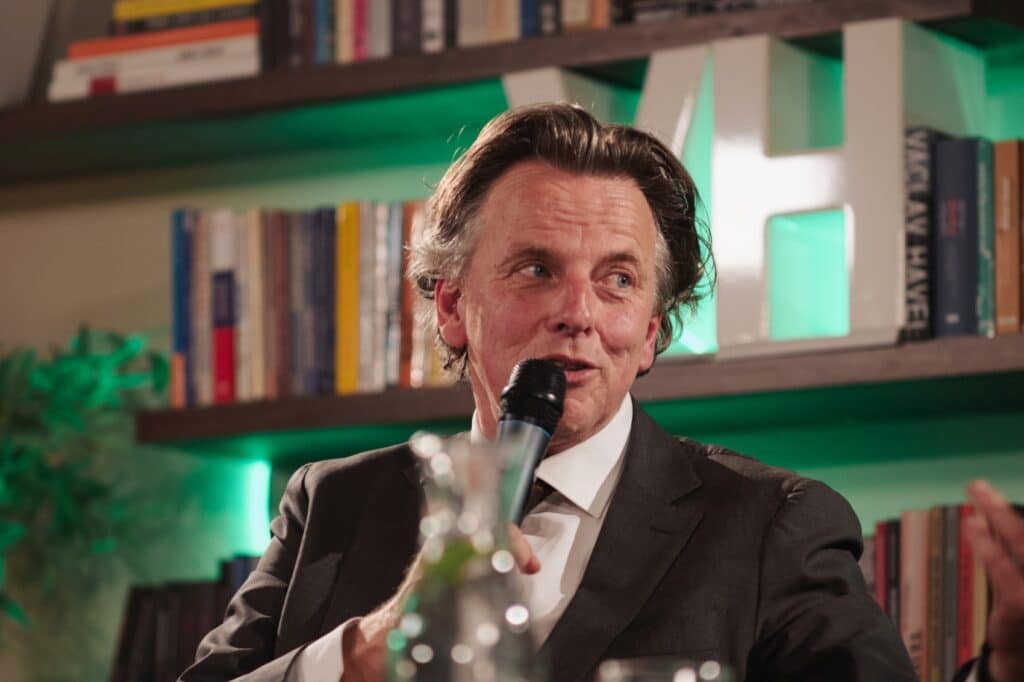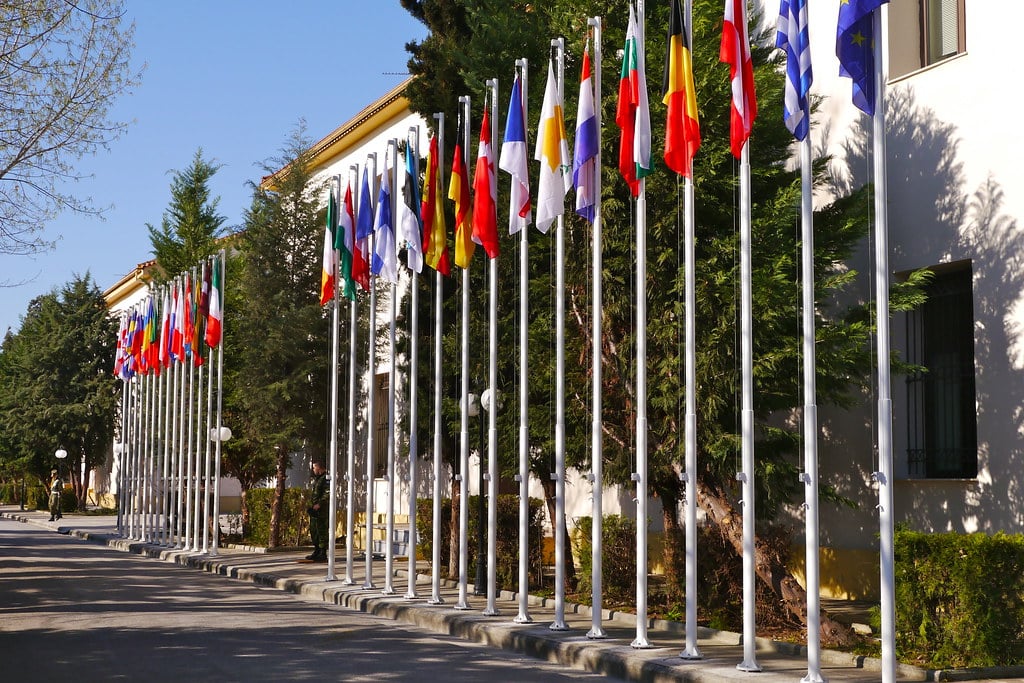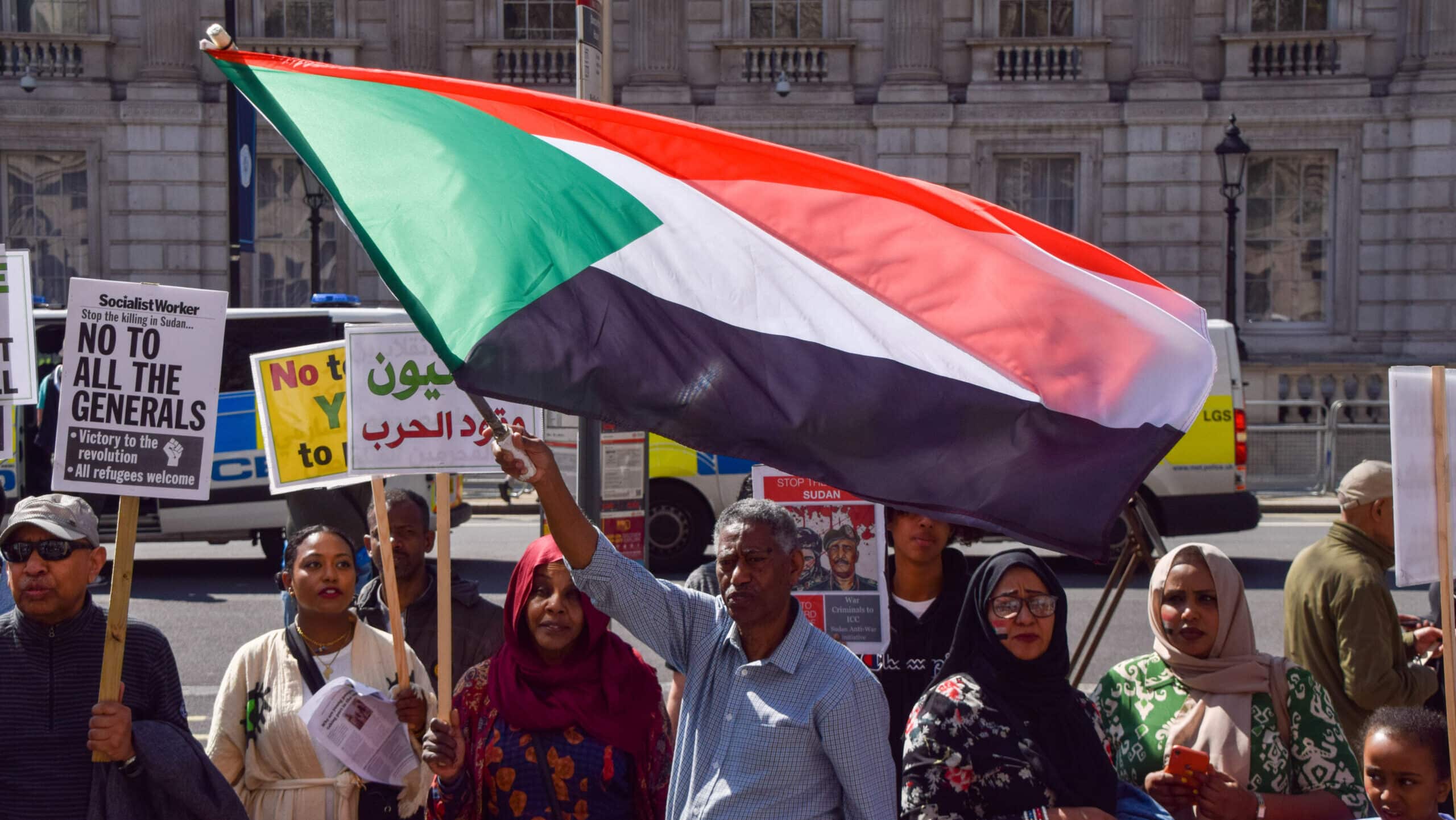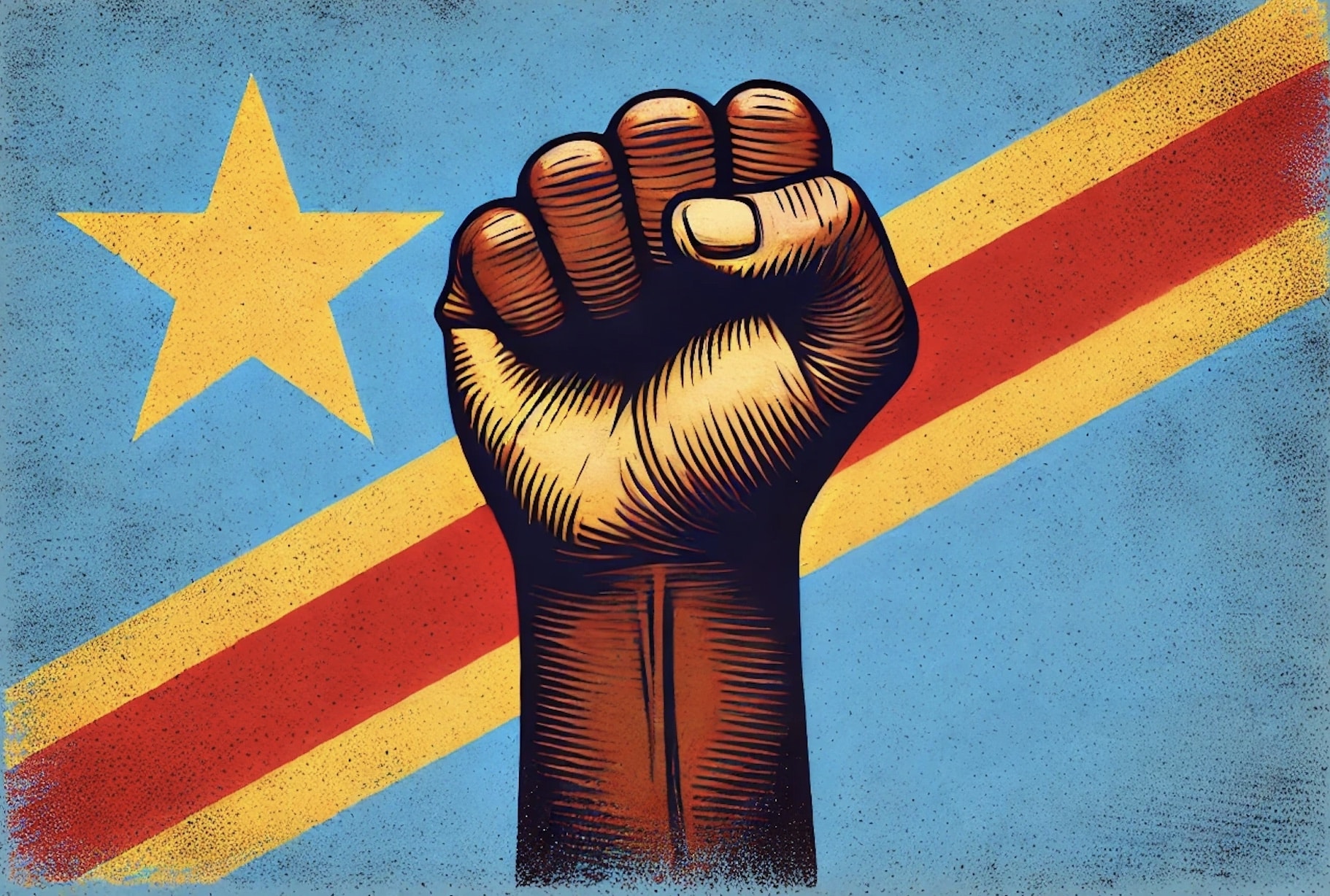Exactly a week ago, the historic meeting between Max van der Stoel (1924-2011) and philosopher Jan Patočka was commemorated in Prague. During the Cold War, Van der Stoel, as Dutch foreign minister, stuck his neck out to support human rights defenders like Patočka. Our chairman and former foreign minister, Bert Koenders, attended the commemoration in Prague.
The commemoration will be held in Prague this month, as it was in this city in March 1977 that Max van der Stoel had a historic meeting with philosopher Jan Patočka, a representative of Charta 77, during a state visit.
Earlier that year, Charta 77 had been made public, a manifesto for human rights and political freedom in Czechoslovakia that called on the communist government to engage in constructive dialogue. Hundreds of artists and intellectuals had signed the manifesto. They were not out to overthrow the regime, but wanted to make room for freedom of speech and other political freedoms.
Van der Stoel stuck his neck out
Van der Stoel faced a dilemma during his visit to Prague. A meeting with Patočka would jeopardise the rest of his visit - the communist government would be very offended by it. On the other hand, Van der Stoel's conscience was at play. As a politician, he held human rights in high regard.
And so he hosted Patočka in his hotel room. The meeting lasted only five minutes, but was nonetheless historic. It was the first time that an authority figure from the West received someone criticising the regime during an official visit to the Eastern Bloc. Van der Stoel broke a diplomatic taboo. "He stuck his neck out," Bert Koenders calls it, "to support the Charta 77 dissidents."
Indeed, Van Der Stoel's courage was not self-evident. At the time, French President Valéry Giscard d'Estaing and West German Chancellor Schmidt openly questioned whether offending the Czechoslovakian authorities was wise.

Max van der Stoel (right) in conversation with Jan Patočka (centre)
A tragic ending
Consequently, the government in Prague erupted in anger. A meeting between Van der Stoel and President Gustáv Husák was cancelled; the rest of the state visit also fell through. An interview with Van der Stoel on state television was cut. The piece in which he talks about Patočka's right to free speech was not shown.
For Patočka, who struggled with his health, the adventure ended even worse. Koenders speaks of "a tragic outcome." After hours of interrogation by the secret service, Patočka had to be hospitalised. Two weeks later, he succumbed to a heart attack.
Patočka's death shocked Van der Stoel deeply. During an interview for the documentary The Silent Diplomat he would confess to interviewer Michael Ignatieff with tears in his eyes that he felt partly responsible, even guilty.
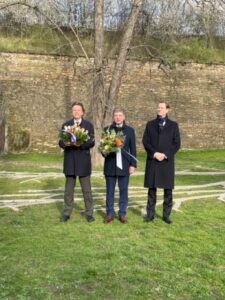
Bert Koenders lays flowers at the monument in Max van der Stoel Park in Prague
Czechoslovakians took Van der Stoel to their hearts
But Van der Stoel's brave gesture was no less appreciated for it. At the time, it was considered a sensation in both Western and Eastern Europe. It was world news. The Czechoslovaks, who ended the dictatorship with their Velvet Revolution in 1989, took Max van der Stoel to their hearts.
In 2014, a park was named after the former minister in Prague. The 'Maxe van der Stoela' park borders a boulevard named after Patočka. "As president of the Max van der Stoel Foundation, I am incredibly honoured to lay flowers there in the park named after him," Koenders said of the commemoration.
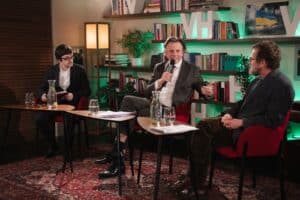
Bert Koenders (centre) in conversation with Filip Karfik (right)
"The world needs more Max van der Stoels"
The programme in Prague also included a conversation between Koenders and Filip Karfik, professor, philosopher and expert on the life and thought of Jan Patočka. The topic of the conversation was the life and motivation of Max van der Stoel and Jan Patočka.
"I want to use the conversation to place Max van der Stoel in the time t then - when he stood up for the Charta 77 dissidents - but also in the now," Koenders says. "In a time of Navalny, a time when there is so much movement, unfortunately, against democracy and for dictatorship."
"The world needs many more Max van der Stoels," he continued. "Every foreign minister should champion political and socio-economic human rights. Think of the war in Ukraine, conflicts around the world, but also within the European Union in Hungary."
"Besides, it can have an effect if you stand up for human rights - think of Poland, where there has been a positive upheaval. But then you have to stick your neck out. Van der Stoel did that."

